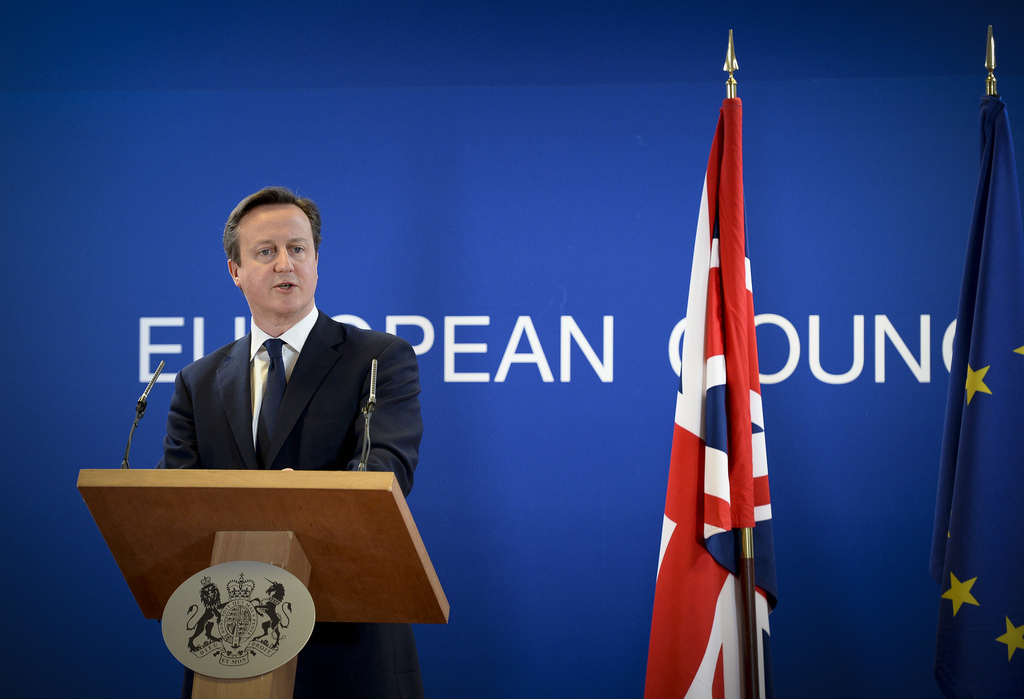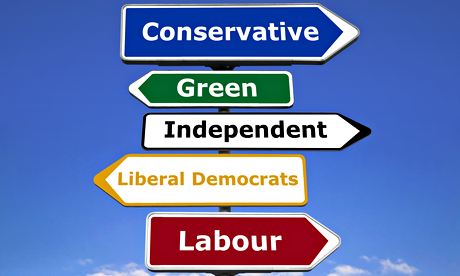
Iceland’s unfinished revolution? An interview with Hordur Torfason
In this Q&A, I discuss the prospects for ‘unfreezing’ the draft new constitution with Hordur Torfason, the award-winning human rights activist credited with starting Iceland’s ‘pots and pans revolution’. You’re credited as the person who started the “pots and pans revolution” in Iceland. How did the protests start? I’m 70 years old this year. I started becoming an activist around 20 years old. Not that I wanted to become an activist, not at all. But I’m gay and it tells you a story that I’m the first gay man in the history of Iceland who steps forward. When I was 30 years old I was very famous. Everybody knew my song. I was on television, radio, doing concerts, LPs. I was …

The saddest Greek tragedy of all
Ending what has been a tumultuous six-month long negotiation process, last week the Greek Parliament approved the first package of austerity measures required by Greece’s creditors as part of the “Greekment” reached in the early morning hours of 13 July 2015 in order to initiate talks on a Third Fiscal Adjustment Programme (or “Memorandum”) and avoid Greece’s expulsion from the Eurozone. According to early reports, this Memorandum cover the Greece’s financing needs for the next three years, but will require the harshest set of austerity measures of the three fiscal adjustment programmes to date. In this first package alone, the Greek government is obliged to implement tax increases and pension cuts totalling approximately 2% of GDP, while future austerity measures …

‘English Votes for English Laws’ — a viable answer to the English Question?
Last week the government published its detailed proposals for introducing English Votes for English Laws (EVEL) into the House of Commons. This is a significant moment in our constitutional history primarily because these changes reflect the acceptance of the need to institutionalise a collective English interest in the legislature, and the conviction that there is a growing and legitimate sense of grievance concerning England’s position within the UK. The primary rationale offered for introducing EVEL is to bring Westminster up to date with the implications of devolution elsewhere within the UK. In a context where further devolution is anticipated for Scotland, Wales and Northern Ireland, it is becoming harder to ignore demands that English interests be given greater consideration in parliament. The …

Rebuilding democracy in Iceland: an interview with Birgitta Jonsdottir
In the first of a series of interviews by Phil England examining the situation in Iceland and the possible relevance of developments there to the UK, Phil talks to Pirate Party MP Birgitta Jonsdottir. Birgitta Jonsdottir is a co-founder of the Icelandic Pirate Party and one of three Pirate Party MPs in the Icelandic government. Since March the Pirates have been polling as the most popular party in Iceland. Their core policies focus on direct democracy, civil rights and access to information. A former Wikileaks volunteer, Jonsdottir describes herself as an anarchist and a poetician. She is also founder and Chair of the International Modern Media Inititative (IMMI) which aims to strengthen democracy through transparency of information. Could the right to information clauses …

The referendum on EU membership: a very British affair
The UK referendum on EU membership may be many months away but with David Cameron laying out his stall with other European leaders, we should be clear that we are embarked on the journey and already some way down the track. It is easy to think of referendums as one-shot deals but in reality they are not. Rather, referendums are long-term games and in this case the game was started in 2013. And it’s easy to think of this as a European process, but whatever grand meals may be consumed in other European capitals, this is very much a result of domestic British politics. The EU referendum is largely down to domestic drivers and the result will likely be shaped as much by the party politics between and within UK parties as by European factors.

A testing and tormenting time for political parties after the 2015 British general election
The ‘sweetest victory’ of the Conservatives, as David Cameron put it on May 8th, and the sweeping landslide victory of the SNP, winning all but three of the Scottish seats, were indeed shocking wake-up calls for all those concerned about British politics. Labour’s unexpectedly disastrous loss of 26 seats led Ed Miliband to announce his immediate resignation as Labour leader. The Lib-Dems were wiped away, going from 57 to just eight seats, causing the resignation of Nick Clegg as party leader. The party was severely punished by voters who blamed it for betraying everything it had stood for in seeking power. Looking at these results, one could argue that the British voters decided at the very last moment to prevent the formation of another coalition government, assumingly returning to their traditional attitude of regarding coalitions as an exception.
For the polling companies too, the election results proved a nightmare. In order to recover their privileged capacity to influence the media, voters, and parties, they are in the course of reexamining why their pre-election forecasts appeared to be inaccurate.
Meanwhile, one shall have a thorough look at how many votes the grassroots parties such as the SNP, UKIP, and the Greens, gained in this election. Even though their positions in the political spectrum span from the left to the extreme right, the total number of votes won by these three parties amounted to nearly 6.5 million, against the Conservatives’ 11.3 million. Amongst them, UKIP failed to get more than one seat and is now in the midst of an internal turmoil. Despite that, Nigel Farage is generally praised for contributing to the party’s net gain from 9.6 to 12.6 per cent of the vote. In particular, UKIP has remained popular among those who are disillusioned with the aloofness of the political elite.

Forecasting elections with social media? Yes, we can. Almost…
With the failure of traditional forecasting methods to accurately predict the outcomes of the UK General Election of May 2015, can social media based predictions do any better? In this article, Andrea Ceron, Luigi Curini, and Stafano M. Iacus (University of Milan and VOICES from the Blogs) find that supervised and aggregated sentiment analysis (SASA) applied in proportional electoral systems produces the most accurate forecasts of election results.

Politics as usual: women, media and the UK general election 2015
Politics has historically been dominated by men, and women have only relatively recently been elected to the UK Parliament in significant numbers. In order for women to be effectively represented in the political domain, they must also be adequately represented in the public discussion of political affairs that takes place in the news media. The ways women are depicted in news sends out important messages about their place and role in society and therefore, if women are absent or marginalised in political news, this reinforces their marginal status in the political process. Historically, women have struggled to achieve much visibility in electoral coverage, and by drawing upon data from the Loughborough Communication Research Centre’s real-time analysis of national broadcasting and press coverage, we can see that the 2015 election was no different.









